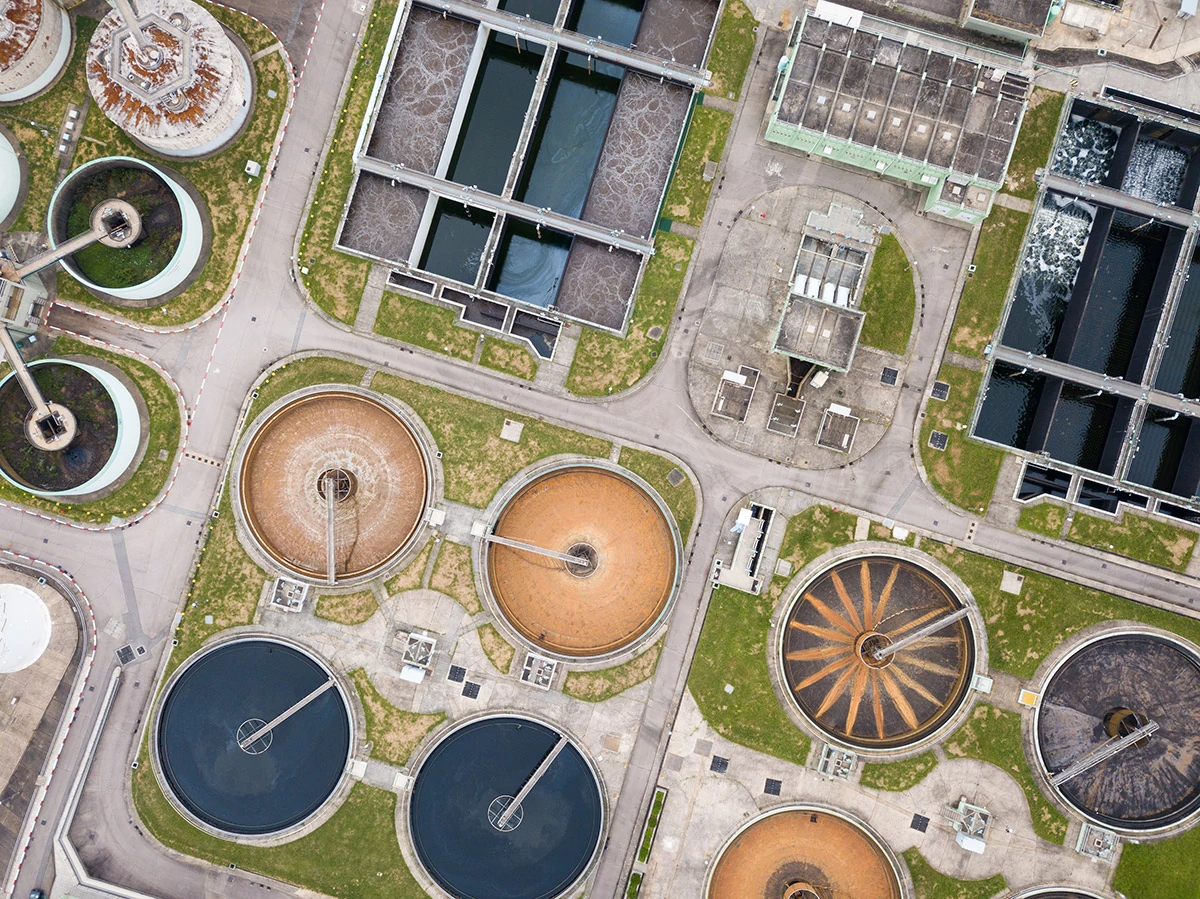Your challenges
Municipalities today face rising demands to manage wastewater efficiently and sustainably while balancing tight budgets and aging infrastructure.
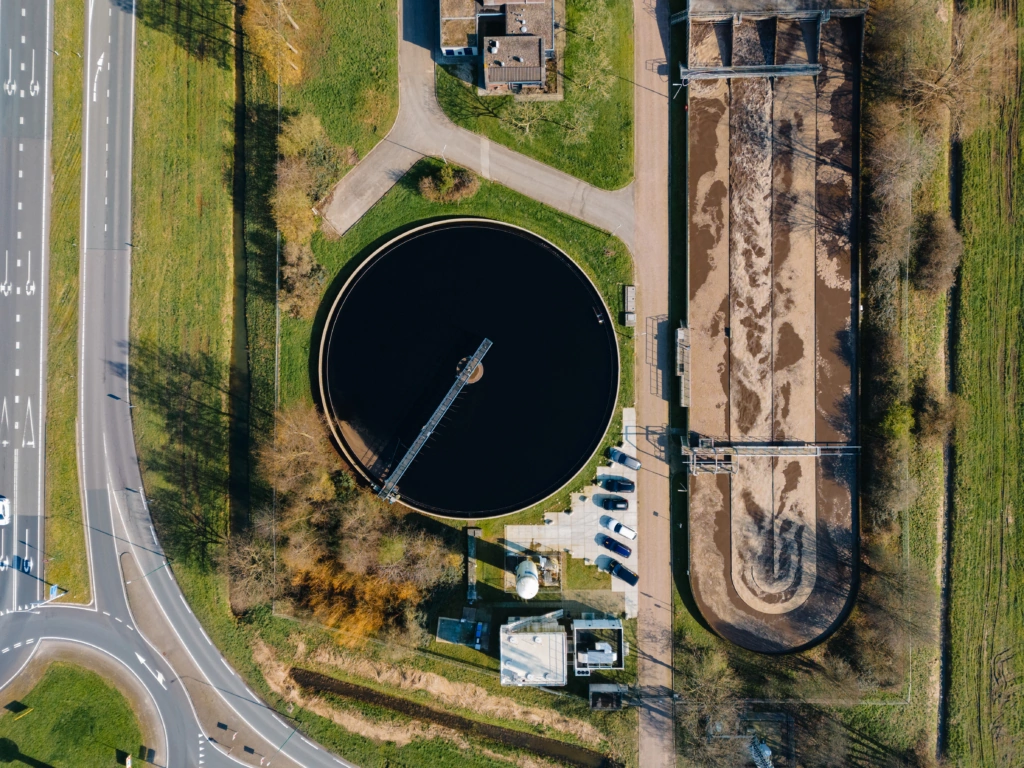
Outdated or Overloaded Wastewater Infrastructure
Many municipal systems struggle with population growth, climate change, and extreme weather events, leading to frequent breakdowns, sewage overflows, and service disruptions.
High Maintenance Costs and Limited Monitoring
Without smart monitoring and automation, municipalities often rely on reactive maintenance, resulting in higher operational costs, unplanned downtime, and inefficient use of resources.
Strict Environmental Regulations
Compliance with increasingly stringent water quality standards—including the removal of micropollutants, nitrogen, and PFAS—requires advanced treatment technologies that many traditional plants lack.
Community Concerns Over Public Health and Water Quality
Residents expect safe, clean water and reliable wastewater services. Municipal systems must consistently meet these expectations by eliminating harmful contaminants and protecting local ecosystems.
How can the Saur group meet your needs?
Managing municipal wastewater requires a partner who understands both the operational and regulatory pressures cities face. Saur Group offers end-to-end wastewater treatment solutions designed to make your system more reliable, efficient, and sustainable.
We help municipalities by:
-
Modernizing Aging Infrastructure – Upgrading treatment plants with smart technologies to handle increasing demand and extreme weather.
-
Ensuring Compliance with Regulations – Implementing advanced treatment processes to meet strict environmental and public health standards.
-
Optimizing Operations and Reducing Costs – Deploying monitoring tools and automation to cut maintenance expenses and improve system performance.
-
Recovering Resources for Sustainability – Turning wastewater into a resource through water reuse and energy-efficient treatment solutions.
With decades of expertise and a commitment to innovation, Saur enables municipalities to protect their communities, meet environmental obligations, and secure a sustainable future.
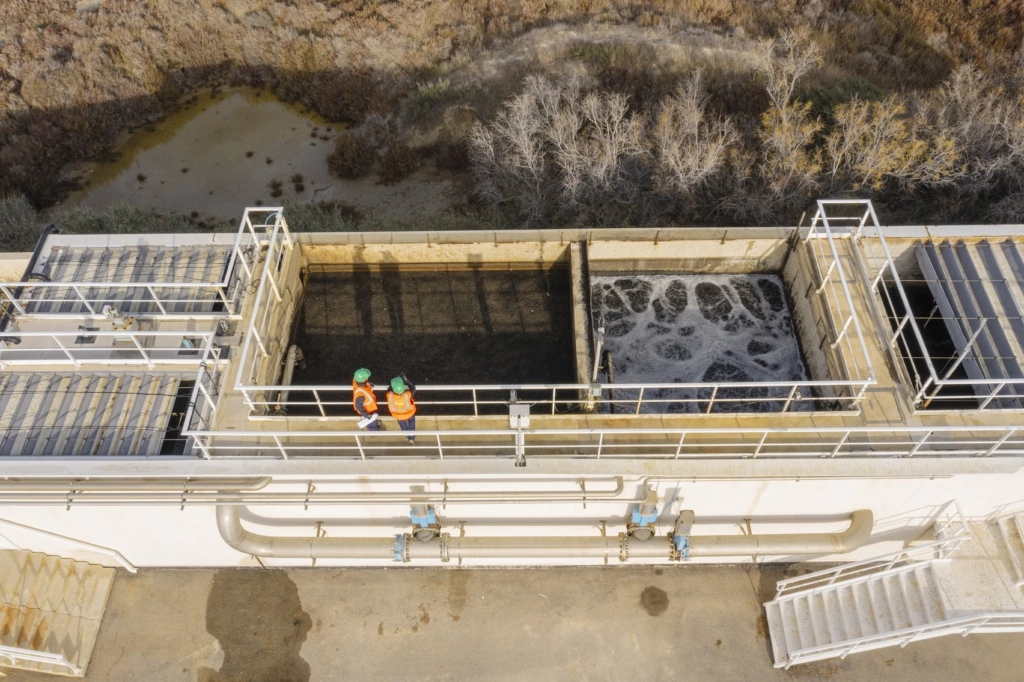
Types of Wastewater
-
Municipal Wastewater – from homes, schools, and businesses
-
Industrial Wastewater – from manufacturing and chemical processes
-
Agricultural Wastewater – runoff from farms containing fertilizers and pesticides
-
Stormwater – rainwater carrying debris and pollutants from urban surfaces
Benefits of Wastewater Treatment
Effective municipal wastewater treatment:
-
Protects public health by removing harmful pathogens and pollutants
-
Preserves clean water resources and supports safe water reuse
-
Reduces pollution and minimizes environmental impact
-
Supports circular water economies by recovering energy and nutrients
Effects of Wastewater Pollutants
Untreated wastewater carries substances that can severely harm communities and ecosystems:
-
Pathogens (bacteria, viruses) – cause diseases
-
Chemical Pollutants (PFAS, heavy metals, pesticides) – contaminate water sources
-
Nutrients (nitrogen, phosphorus) – trigger algal blooms and oxygen depletion
-
Micropollutants (pharmaceuticals, plastics) – disrupt aquatic life
Stages of Wastewater Treatment
Primary Treatment
Screens and sedimentation tanks remove large solids and debris.
Aeration/Activated Sludge Process
Microorganisms break down organic pollutants in oxygen-rich conditions.
Secondary Treatment
Biological treatment eliminates dissolved and suspended organic matter.
Tertiary Treatment
Advanced filtration, chemical, or membrane processes remove remaining contaminants, including micropollutants and pathogens.
Saur Group’s Wastewater Treatment Solutions
Saur partners with municipalities to deliver sustainable, high-performance wastewater solutions:
-
Anaerobic Digestion – converts organic sludge into renewable biogas
-
Membrane Filtration – uses ultrafiltration and reverse osmosis for advanced pollutant removal
-
Sustainable Sludge Treatment – reduces waste and recovers valuable resources
Our types of solutions
Discover all the solutions municipal customers need to treat their local authority's wastewater.

- Municipal
Activated carbon
- Wastewater
- PFAS Resolve
- Drinking water
- Micropollutants
Water treatment is evolving to meet ever-stricter regulatory requirements, environmental goals, and public health needs. Activated carbon filtration is a proven, natural, and highly (...)
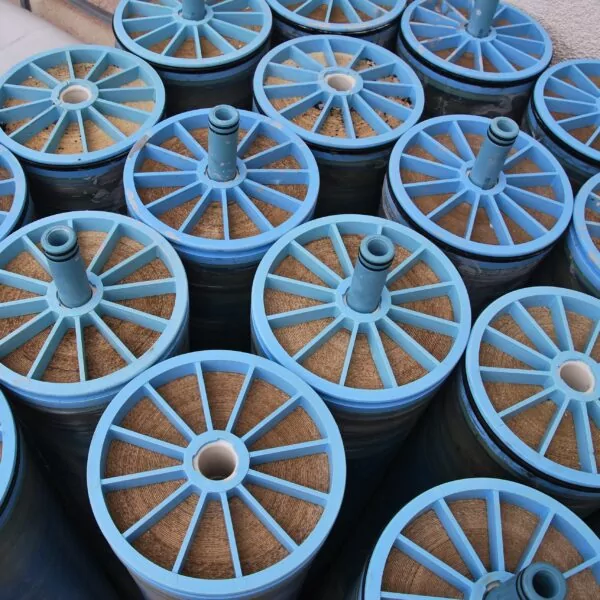
- Municipal
Membrane technologies
- Wastewater
- PFAS Resolve
- Drinking water
- Micropollutants
- Rainwater
With the emergence of new contaminants—such as PFAS, pharmaceutical residues, and pesticides—water treatment requirements are rapidly evolving. To meet these challenges, the (...)
Talk with our expert
Contact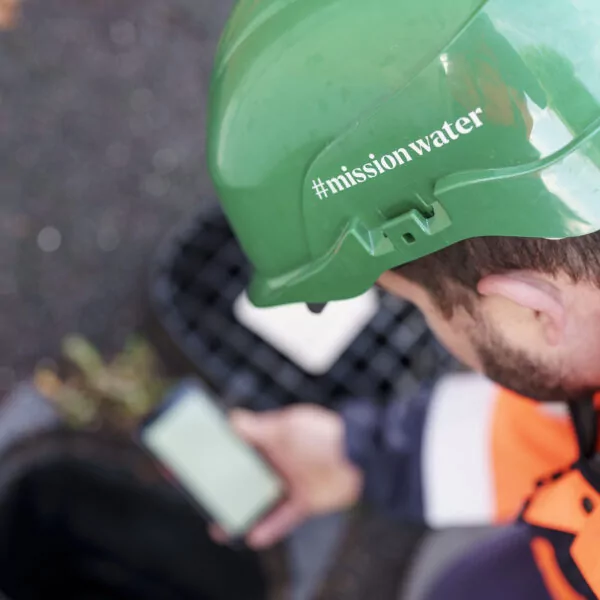
- Municipal
Water management services
- Drinking water
- Micropollutants
- PFAS Resolve
- Wastewater
Effective water management is vital for the sustainable use of water resources. At Saur, we specialize in delivering advanced water management solutions that cover supply, distribution, (...)

- Municipal
Water reuse
- Resource and recovery
- Rainwater
- Wastewater
- PFAS Resolve
- Micropollutants
Water scarcity, increasing environmental regulations, and the demand for sustainable practices have placed water reuse at the center of global resource management strategies. At (...)

- Municipal
Digital solutions
- Drinking water
- Micropollutants
- PFAS Resolve
- Rainwater
- Wastewater
In today’s rapidly evolving technological landscape, digital water solutions are transforming how water resources are managed. At Saur, we harness advanced technologies—such (...)
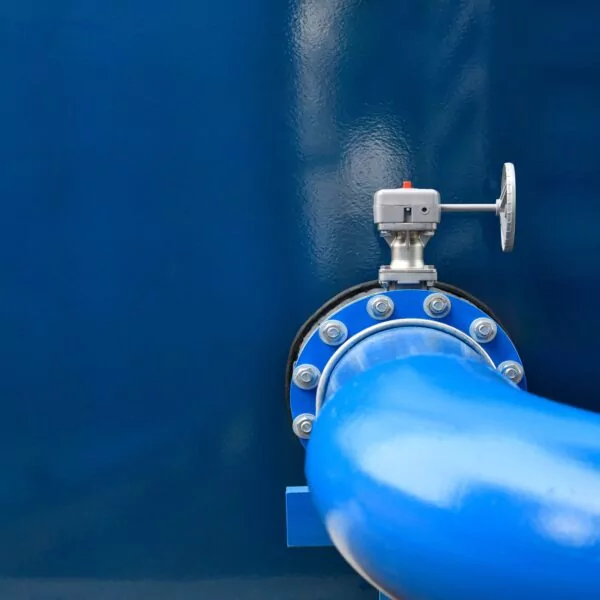
- Municipal
Pipe works
- Rainwater
- Wastewater
- Drinking water
For over 20 years, Cise TP, a subsidiary of the Saur group, specializes in the installation and rehabilitation of pipes and networks. Thanks to its certifications and design offices, (...)
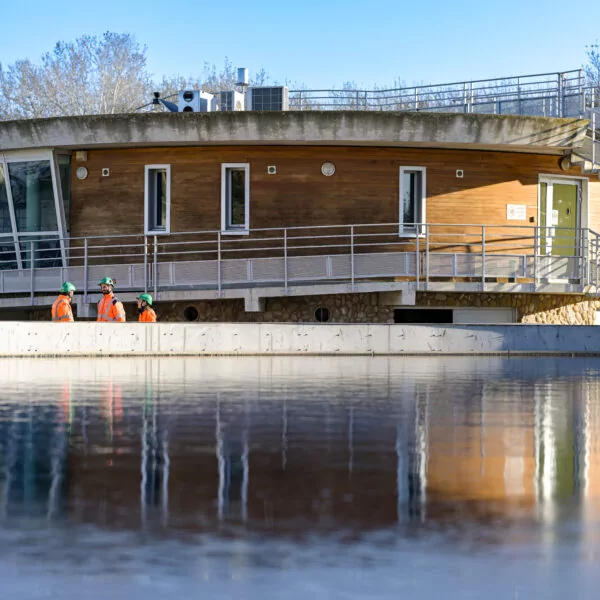
- Municipal
Design and build
- Rainwater
- Wastewater
- PFAS Resolve
- Drinking water
- Micropollutants
The Saur group and its various entities have been supporting local authorities in the design, construction and rehabilitation of drinking water production plants and wastewater (...)
Contact our experts
FAQs
Activated sludge combined with tertiary treatment achieves the highest pollutant removal rates.
Membrane bioreactors (MBRs) and advanced oxidation processes represent the most innovative solutions.
Yes. With advanced processes, treated wastewater can be reclaimed to potable standards, particularly valuable in water-scarce regions.
